Jakarta, MINA – Chairman of the Board of Commissioners of the Financial Services Authority (OJK) Wimboh Santoso said Indonesia has the potential to raise, develop and become a global-hub for the sharia economy.
Wimboh stated that one of the indicators that Indonesia has been ranked first for the global Islamic financial market is that last year it scored 81.93 in the Global Islamic Financial Report (GIFR).
“This achievement should foster optimism in realizing our aspiration to become a world Islamic finance hub,” said Wimboh Santoso in an online discussion in Jakarta on Thursday as quoted from Republika.
In addition, Wimboh said Indonesia was also the best halal tourist destination based on the Global Muslim Travel Index (GMTI) in 2019 by outperforming 130 halal tourist destinations around the world.
Also Read: Saudi Arabia Wins Bid to Host World Expo 2030
Then, Indonesia has the largest Muslim population in the world, reaching 229 million people or about 87 percent of the total Indonesian population with 3.96 million students and 25,938 Islamic boarding schools.
“We have a strong base for the development of sharia. Various efforts have been made, including we can provide sharia-based products, “he said.
However, he said that in realizing these goals, Indonesia still needs to create a complete sharia ecosystem, starting from the financial sector, demand, economic activities, supporting information, and other supporting institutions.
“We have a complete ecosystem such as mosques, Islamic boarding schools, financial institutions, amil zakat, and sharia market places that we must create so that the Islamic financial sector can be optimal,” said Wimboh Santoso.
Also Read: Targeting Al-Quds Hospital would be War Crime
He explained that when it is viewed from the Islamic finance industry there is no problem because there are already a lot of numbers, products, human resources (HR), and technology.
He said the total assets of the Islamic banking sector had reached IDR 545.39 trillion, consisting of 14 Islamic commercial banks, 20 Islamic business units, and 162 Islamic public finance banks.
On the other hand, Wimboh said that one of the problems in developing the Islamic economy in the country is regarding demand so that the realization of its growth is not as fast as conventional.
“But is there a question or not? From the supply side, everything is ready. In fact, it’s too much compared to demand. However, the market share is still small, “said Wimboh Santoso. (T/RE1)
Also Read: 148 Products from Indonesia Promoted at Sarawat Superstore Jeddah
Mi’raj News Agency (MINA)






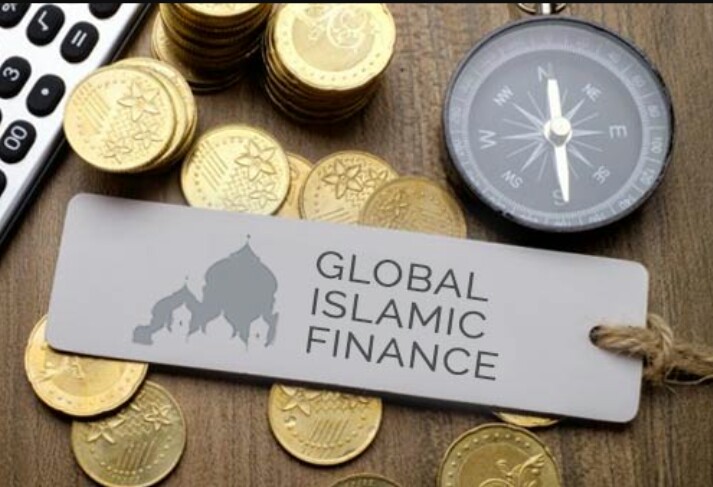


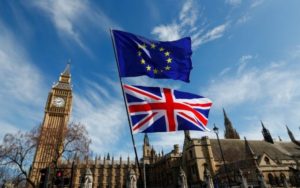



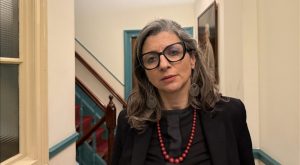




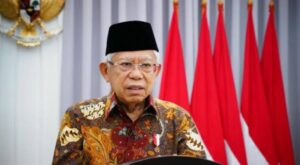
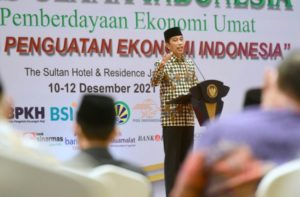
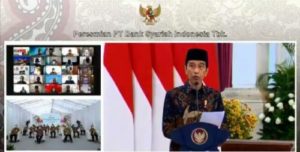
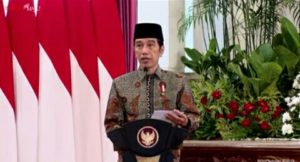



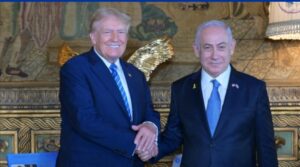

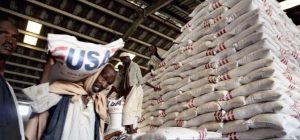
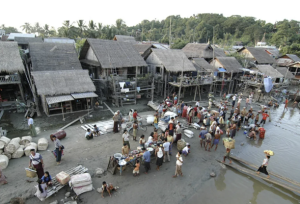




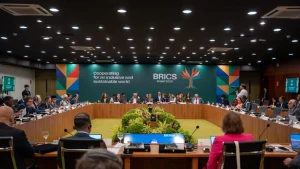



 Mina Indonesia
Mina Indonesia Mina Arabic
Mina Arabic